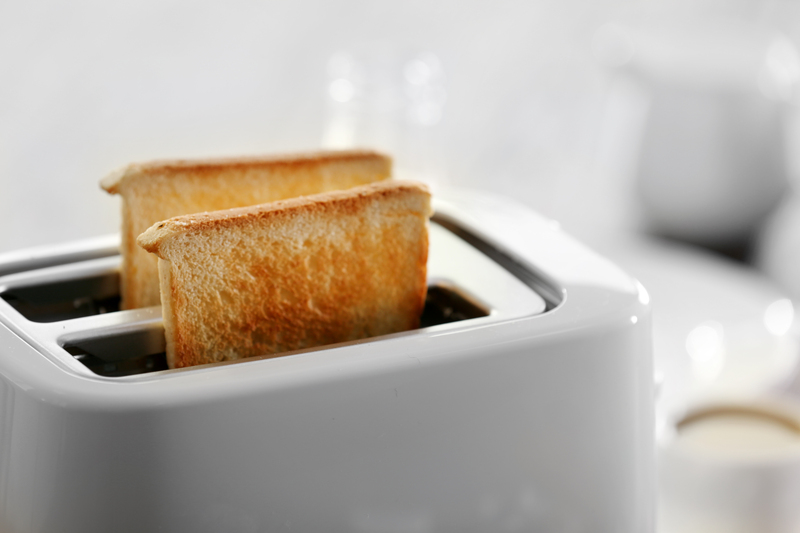Introduction
Keeping your carpets clean is not just about maintaining appearances; it's also about maintaining a healthy home environment. Carpets can harbor dust, dirt, allergens, and even bacteria if not cleaned regularly. Understanding the appropriate carpet cleaning frequency is essential for prolonging their lifespan and keeping your home fresh. This article will explore the guidelines for carpet cleaning frequency, offering tips, pros and cons, and key takeaways.

Why Regular Carpet Cleaning is Important
Your carpets endure a lot of foot traffic, spills, and dirt daily. Regular carpet cleaning ensures that these contaminants are effectively removed, which can:
1. Prolong the life of the carpet
2. Maintain a healthy indoor air quality
3. Enhance the aesthetic appeal of your home
4. Prevent mold and mildew growth
5. Reduce allergens and bacteria that could affect your health
Factors Affecting Carpet Cleaning Frequency
Several factors determine how often you should clean your carpets, including:
1. **Household Size**: Larger families tend to generate more dirt and require more frequent cleaning.
2. **Pets**: Pets can bring in dirt, hair, and dander, increasing the need for regular cleaning.
3. **Allergies**: If someone in your home suffers from allergies, frequent cleaning is crucial to minimize allergens.
4. **Type of Carpet**: High-pile carpets tend to trap more dirt compared to low-pile carpets.
5. **Foot Traffic**: Areas with high foot traffic, such as hallways and living rooms, need more frequent cleaning.
6. **Smoking**: If smoking occurs indoors, carpets might need more frequent cleaning to eliminate smoke particles and odors.
General Carpet Cleaning Guidelines
Here are some general guidelines for carpet cleaning:
1. **Vacuuming**: Ideally, carpets should be vacuumed at least once a week. High-traffic areas may require more frequent vacuuming.
2. **Spot Cleaning**: Address spills and stains immediately to prevent them from setting.
3. **Professional Cleaning**: To maintain the integrity and cleanliness of your carpets, professional cleaning should be done at least once a year. Homes with pets, allergies, or high foot traffic may benefit from professional cleaning every six months.
DIY vs. Professional Carpet Cleaning
There are pros and cons to both DIY and professional carpet cleaning:
**DIY Cleaning**
**Pros**:
- Cost-effective
- Ability to clean on your schedule
- Useful for minor stains and routine maintenance
**Cons**:
- May not remove deep-seated dirt and allergens
- Risk of damaging the carpet with improper techniques or harsh chemicals
**Professional Cleaning**
**Pros**:
- Access to advanced cleaning equipment and solutions
- Removes deep-seated dirt, bacteria, and allergens
- Expertise in handling different types of carpets and stains
**Cons**:
- Cost can be higher than DIY methods
- Requires scheduling and may be less convenient
Tips for Maintaining Clean Carpets
1. **Regular Vacuuming**: Aim to vacuum your carpets at least once a week.
2. **Use Doormats**: Place doormats at entrances to minimize dirt tracking into the home.
3. **Remove Shoes**: Encourage a no-shoes indoor policy to keep dirt from spreading.
4. **Spot Clean Immediately**: Tackle spills and stains as soon as they occur.
5. **Use Area Rugs**: Protect high-traffic areas with rugs that can be easily cleaned.
Conclusion
Maintaining clean carpets is essential for a healthy and beautiful home environment. By understanding the factors affecting carpet cleaning frequency and following these guidelines, you can ensure that your carpets remain in top condition for years to come. Whether you choose to clean your carpets yourself or hire professionals, regular maintenance is key to prolonging the life of your carpets and enhancing the quality of your indoor air.

Takeaways
1. Carpets should be vacuumed at least once a week.
2. Address spills immediately with spot cleaning.
3. Professional cleaning is recommended at least once a year for optimal maintenance.
4. Factors such as household size, pets, and allergies can increase the need for more frequent cleaning.
5. Regular maintenance extends the lifespan of the carpet and promotes a healthier living environment.
Pros and Cons Summary
- **DIY Cleaning**:
- Pros: Cost-effective, convenient, useful for minor stains.
- Cons: Less effective for deep cleaning, risk of damage.
- **Professional Cleaning**:
- Pros: Thorough cleaning, advanced equipment, and expert handling.
- Cons: Higher cost, requires scheduling.
By following these guidelines and tips, you can keep your carpets clean and in excellent condition, creating a healthier home for you and your family.



